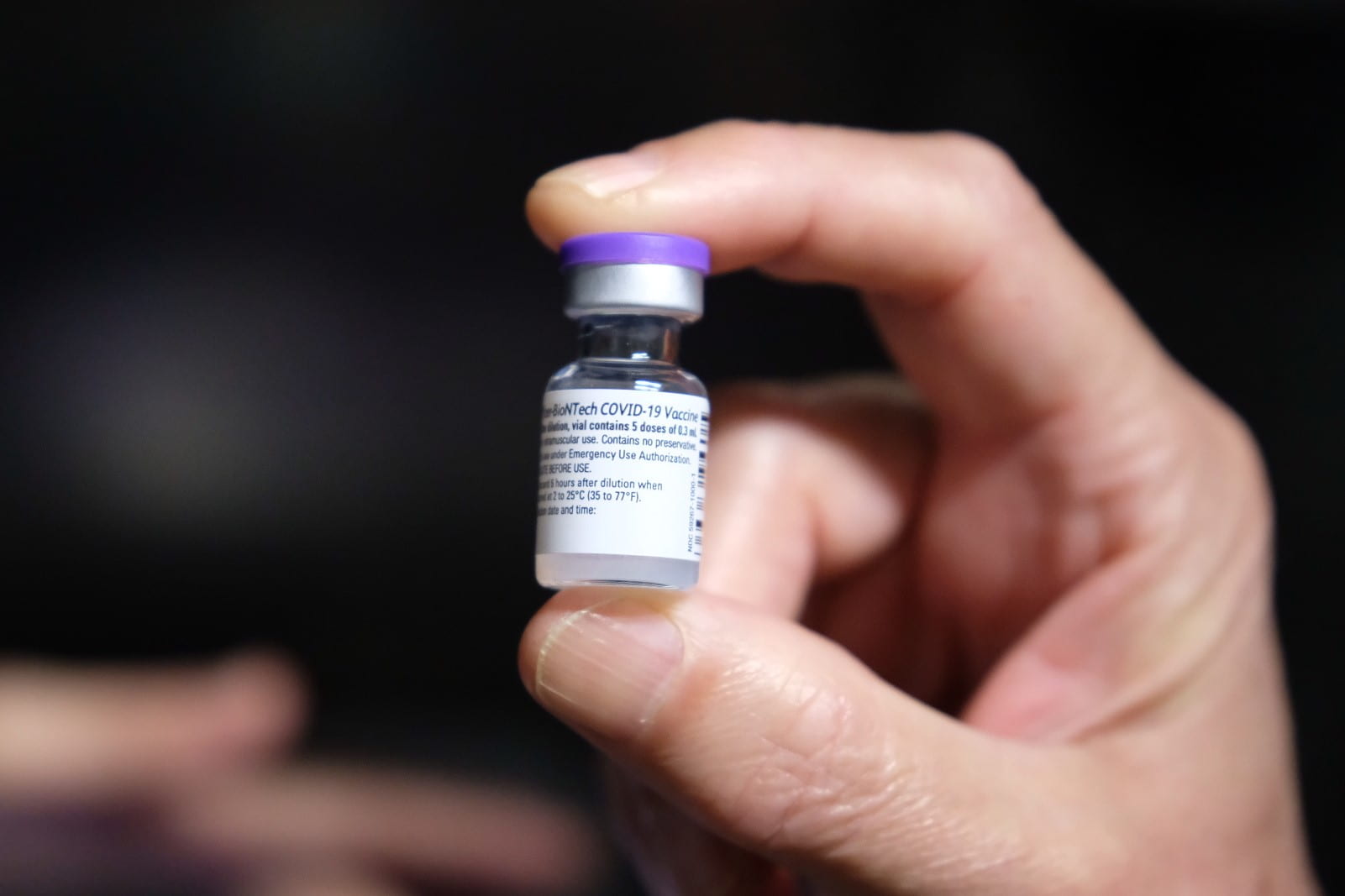By Ivonne Garza.
As COVID-19 outbreaks emerged all around the globe in 2020, the roads to understanding the virus, testing, diagnosis, prevention and vaccination became well travelled. A year later, new ones are emerging: addressing new variants of the virus, vaccination plans and understanding the effects of vaccines. In the midst of these urgent pathways to ensuring the highest standard of health for all, the integration of migrants in vaccination plans becomes urgent.
Consequently, the steps that some Latin America countries are taking to include migrants have become an example that others may follow. Here are some of the actions taken by States in our region:
A month ago, Colombia announced a plan to regularize all Venezuelan migrants through Temporary Protection Status, which will allow migrants residing in Colombia to access the national health system and vaccination plans. In addition, the President announced the acquisition of two million vaccines for regularized migrants living in Colombia.
In Mexico, the Health Ministry stated that all migrants who are in Mexico will be considered in vaccination plans. Migrants can access vaccines through the official government registration portal. For its part, the government of Peru announced that it will vaccinate all persons currently living in the country, regardless of nationality or the current status of their documentation and regularization. In the same vein, even when no vaccination plan has been adopted in Trinidad and Tobago, authorities there have mentioned that migrants have access to vaccines available to all residents in the country.
Meanwhile, in Argentina the national vaccination plan refers to the principle of non-discrimination and the special conditions of vulnerability of the migrant population. Nevertheless, an identification card is required to register for the vaccine and, as a result, only regular migrants who hold residency can access it. Due to the pandemic, administrative procedures to access identification cards have slowed down, making it even harder for non-regularized migrants to be vaccinated. Similarly, in Guatemala, Dominica and Barbados an identification number is required to access the vaccine.
In Brazil, the State of Roraima has included all migrants in its vaccination plan, including the undocumented and homeless. Authorities in Paraguay have also expressly stated that all migrants will be able to access the vaccine. However, in Chile, the national vaccination plan has not included any migrants. Despite this, the Minister of Health has said publicly that the vaccine is universal and free, and migrants should register for it using their passport.
Lastly, the United States and Canada have publicly mentioned that vaccines will be available to all migrants. In addition, US authorities have stated that enforcement officers will not hold operations near vaccination centres, which fosters confidence in migrants to access vaccines, even those living in the United States with irregular status.
Regionally, in January 2021, a group of civil society organizations, academic institutions, experts and human rights defenders issued a statement calling for the adoption of universal vaccination policies that equally include migrants, regardless of nationality or migration status.
Furthermore, in mid-March various United Nations agencies and mechanisms together with regional human rights bodies issued a public statement and a joint guidance note calling for fair distribution and equitable access to COVID-19 vaccines for all migrant persons and their families. The joint guidance note includes a call for States urgently to:
- Provide equitable access to COVID-19 vaccination for all migrants;
- Ensure that vaccine prioritization in countries considers vulnerabilities, risks and needs of migrants;
- Adopt measures to overcome barriers and establish protocols that facilitate equitable access to vaccination for all migrants; and provide targeted outreach and provision of information among migrants;
- Enact firewalls between immigration enforcement and the provision of COVID-19 vaccination, to prevent risk of reporting, detention, deportation and other penalties as a result of migration status;
- Avoid rhetoric and terminology that stigmatize and reinforce harmful narratives against migrants; and,
- Develop coordinated strategies and mechanisms of cooperation and assistance to guarantee universal and equitable access to vaccines for COVID-19 globally.
A year has gone by since the emergence of the COVID-19 pandemic. As we address new issues to bring an end to it, ensuring access to vaccines for all migrants regardless of status becomes vital both from a public health and human rights approach. Hopefully in the months to come we will see a domino effect in the inclusion of migrants in vaccination plans adopted by all States across Latin America.
Ivonne Garza is an Institute Associate at the O’Neill Institute for National and Global Health Law. She previously worked as a Human Rights Specialist at the Rapporteurship on the Rights of Migrants of the Inter-American Commission on Human Rights (IACHR). She also worked at the Center for Justice and International Law (CEJIL) leading the America’s Network on Nationality and Statelessness and on the strategic litigation of diverse cases at international level.
Special thanks to Astrid Nottebohm for her collaboration in the research to produce this post.
This post was commissioned by Ignacio Odriozola, MMB Alumni Ambassador. Ignacio is based in Buenos Aires and can be contacted here to discuss contributions for the MMB Latin America blog.


